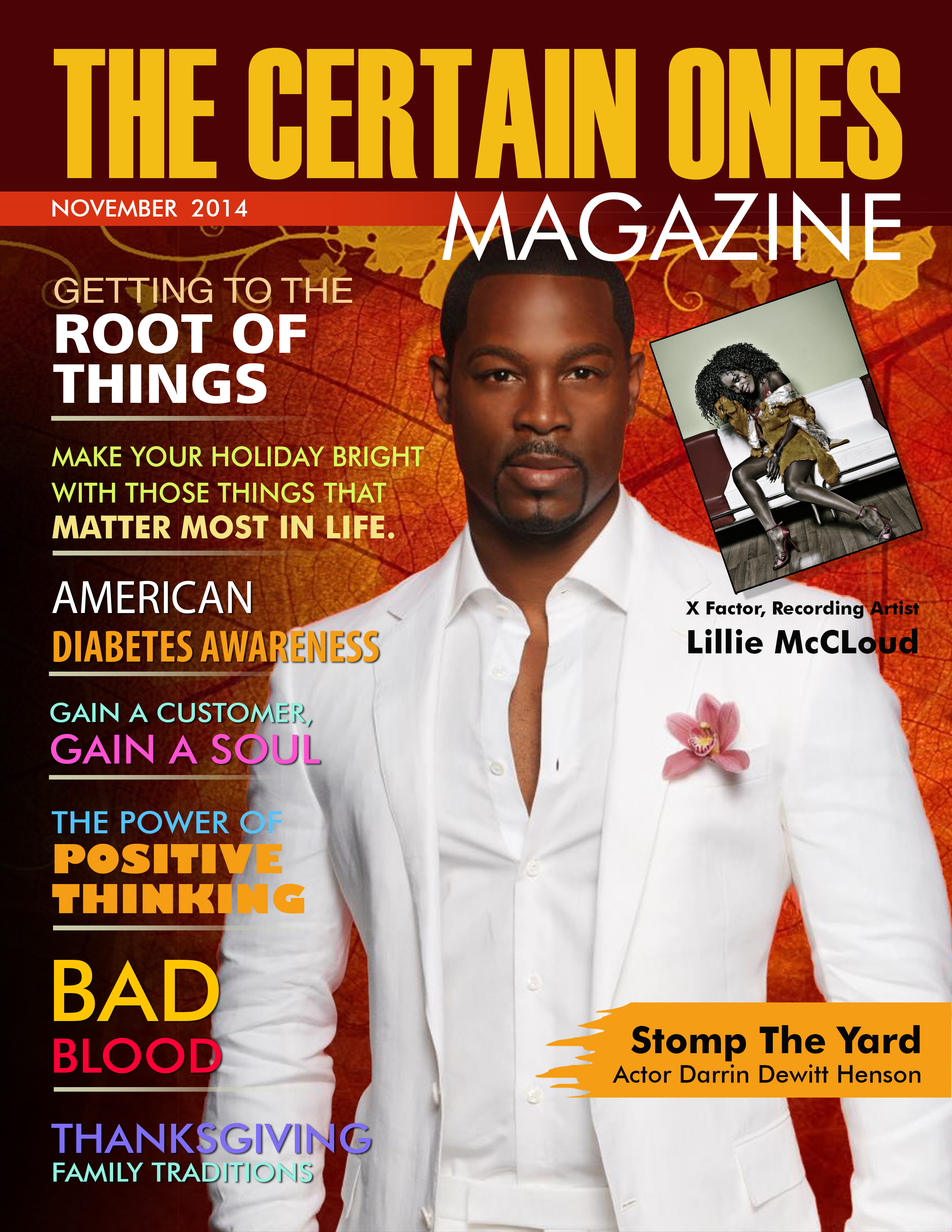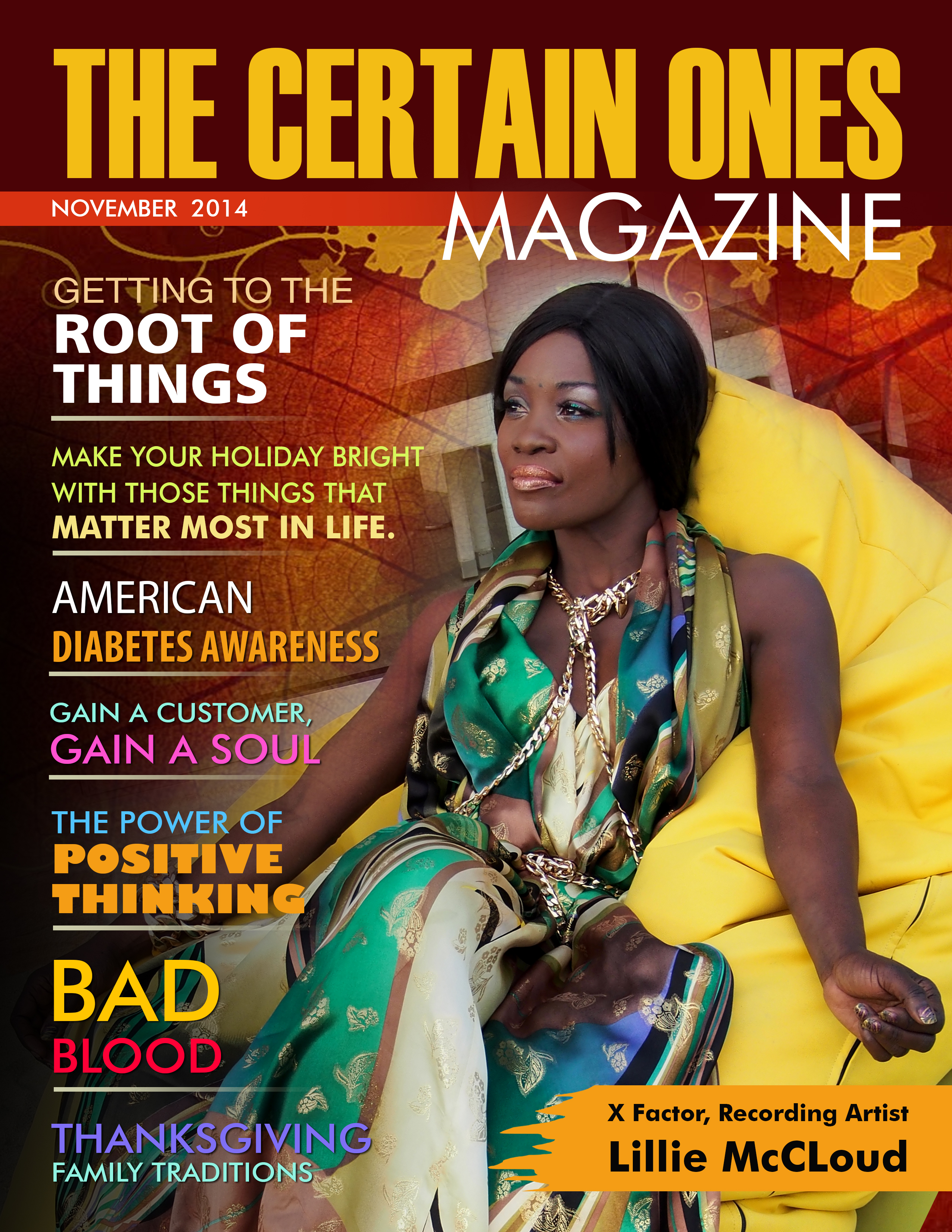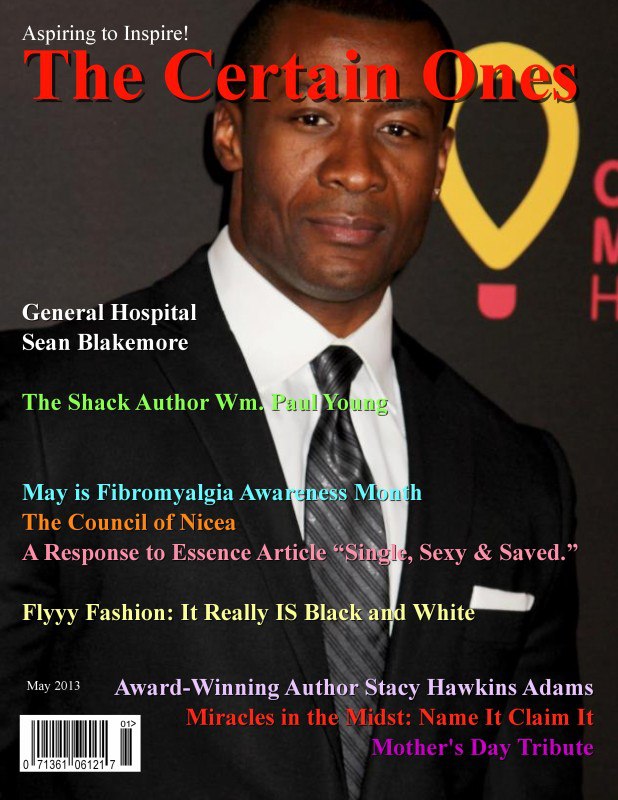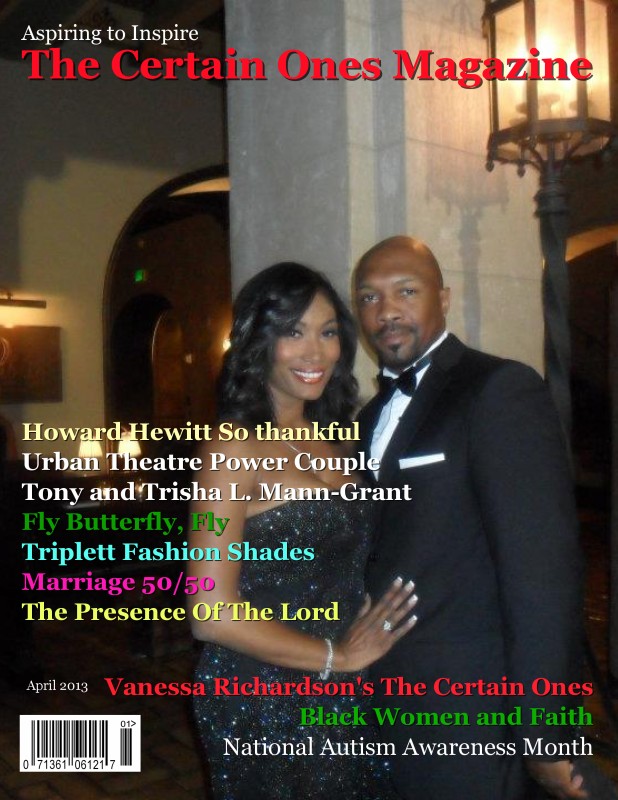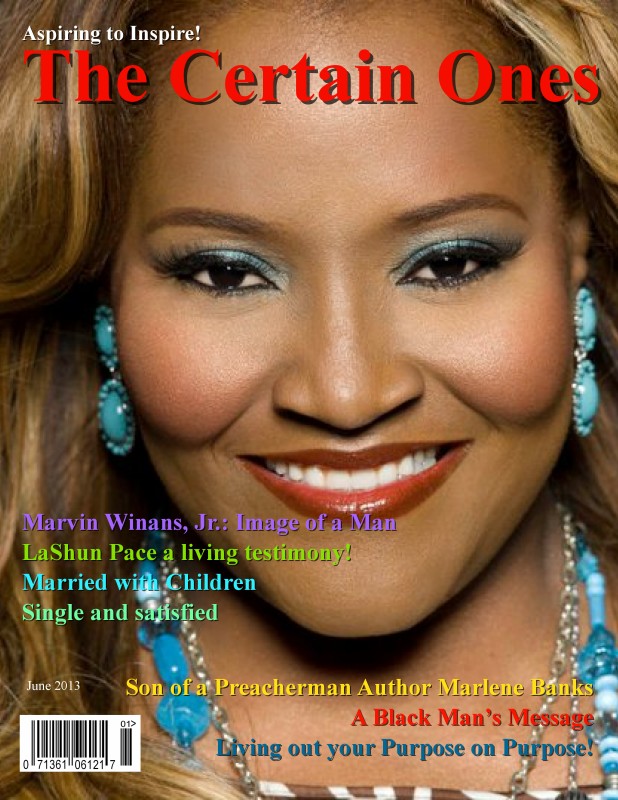Posted by The Certain Ones in Entertainment, Home | 0 Comments
Phenomenal Woman, Maya Angelou

Marguerite Annie Johnson, more commonly known as Maya Angelou, was a writer, poet and active member of the Civil Rights Movement. She died on May 28th in her residence in Winston-Salem, North Carolina, a few days after she cancelled her appearance to the Beacon Awards Gala.
Born in St. Louis, Missouri, on April 4, 1928, Maya Angelou was forced to spend 4 years with her paternal grandmother, in Stamps, Arkansas, after her parents divorced. At the age of 8, while living again in St. Louis, Maya was sexually abused and raped by her mother’s boyfriend. The man was killed 4 days later, probably by her uncles. These unfortunate events created so much stress for the little girl, that she remained mute for almost 5 years after. In the following years Angelou moved to Oakland, attended the California Labor School and gave birth to a son, Clyde, at age 17. Her life in California was a constant struggle for survival and she took jobs as a streetcar conductor, nightclub dancer, and prostitute. After a short marriage experience, she embraced singing and dancing to calypso music and took the stage-name that later made her famous – Maya Angelou.
Angelou spent the following years in Africa and made contact with the continent’s struggle for decolonization. There and also back in U.S, she became close to important figures of the Civil Rights Movement like Malcolm X and Martin Luther King, Jr., only to see them both assassinated. The years that followed were very fruitful. Angelou wrote articles, short stories, TV scripts, documentaries, and produced plays, in parallel with working on her autobiographies and poems.
In the late 1970s, Angelou met Oprah Winfrey and would later become a close friend and mentor of her. In 1981, Angelou was appointed Professor of American Studies at Wake Forest University in Winston-Salem, North Carolina, where she taught subjects like ethics, theology, theater, and writing. Also, she was named visiting professor at several colleges and universities around the country.
Starting with “I Know Why the Caged Bird Sings”, Maya Angelou wrote a total of seven autobiographies, each focusing on the different places she lived and covering key periods in her life. Angelou used her autobiography as a mean of exploring subjects like racism, identity and trauma. Her point of view comes from a time when society was male-dominated and impregnated with powerful and very hard to change patterns in thinking. Maya’s childhood rape can be extended and seen as a “rape” of her entire race, during centuries of slavery, segregation and denial of equal right. Another strong symbol of the book is the bird struggling to escape its cage. Some biographers claim that Maya Angelou developed her love for books and literature, and her ability to listen and observe the world, during the years that she remained silent. The transformation, from a little girl victim of both abuse and racism to a woman capable of responding to prejudice, made Maya “a symbolic character for every black girl growing up in America”.
Her second autobiography, “Gather Together in My Name”, covered her life between the ages of 17 and 19. The book was focused on the struggles she experienced while raising her son and taking different jobs. Although it was not as critically acclaimed as Angelou’s first autobiography, the book received mostly positive reviews and was recognized as better written. Later autobiographic writings followed, but none was able to equal the same impact as “I Know Why the Caged Bird Sings”.
Although her poems have been considered anthems of African Americans, many critics considered that Angelou’s work regarding her autobiographies was much more important than her work invested in creating poetry. Many of her poems were more interesting when she recited and performed them.
Being a prime figure during the Civil Rights Movement, Maya Angelou remained a symbol of the fight for emancipation and freedom for both Afro-Americans and women, thus her presence on the political stage was something desirable. President Bill Clinton chose Angelou to recite her poem “On the Pulse of Morning” during his inauguration in 1993. In the 2008 presidential primaries, Maya Angelou campaigned for the Democratic Party, giving her support first to Senator Hillary Clinton and then to Senator Barack Obama, who eventually went on to win the White House. The election of the first African American president of the United States was, for Maya Angelou, a sign that “We are growing up beyond the idiocies of racism and sexism”.
Listen: Dr. Maya Angelou Recites Her Poem “Phenomenal Woman.”








